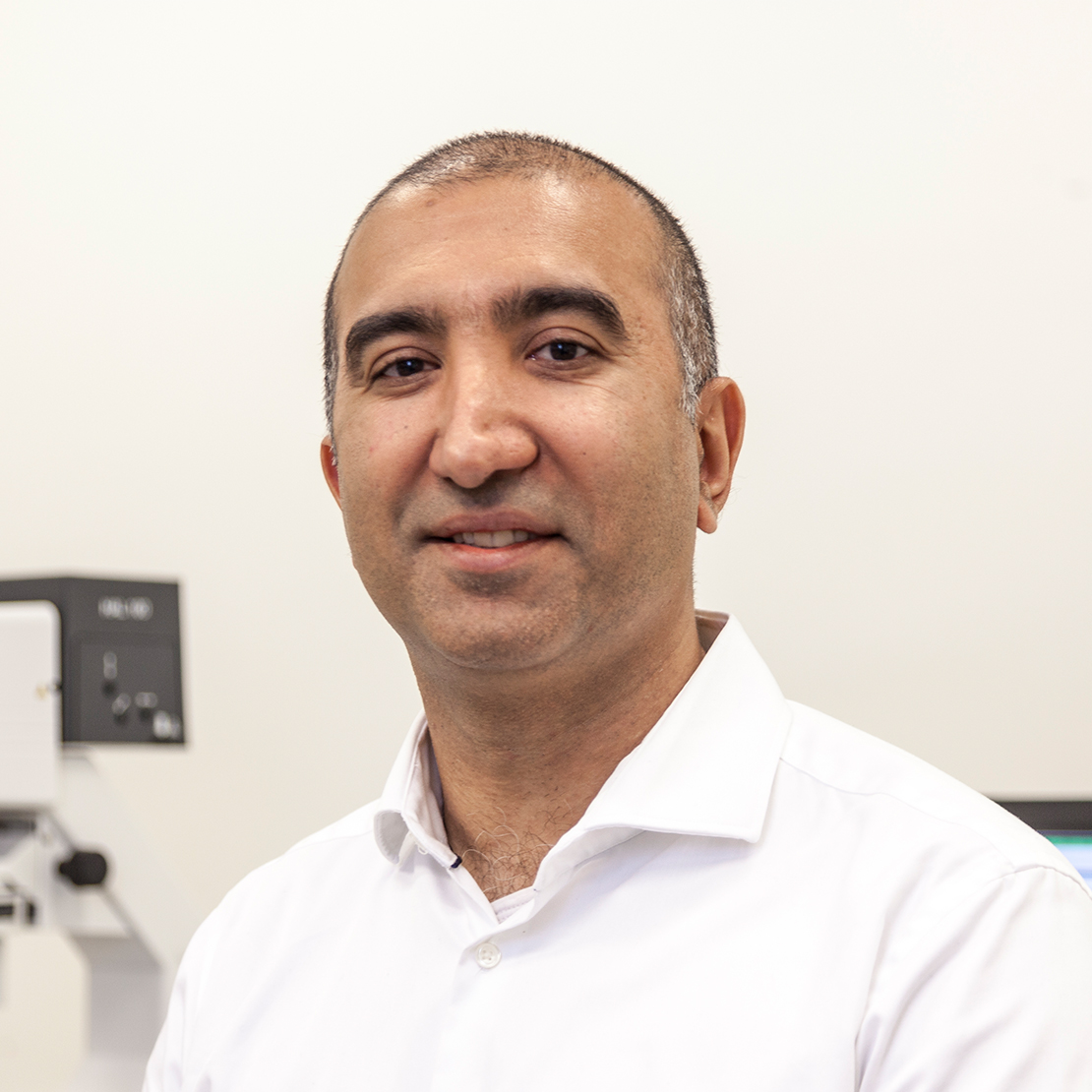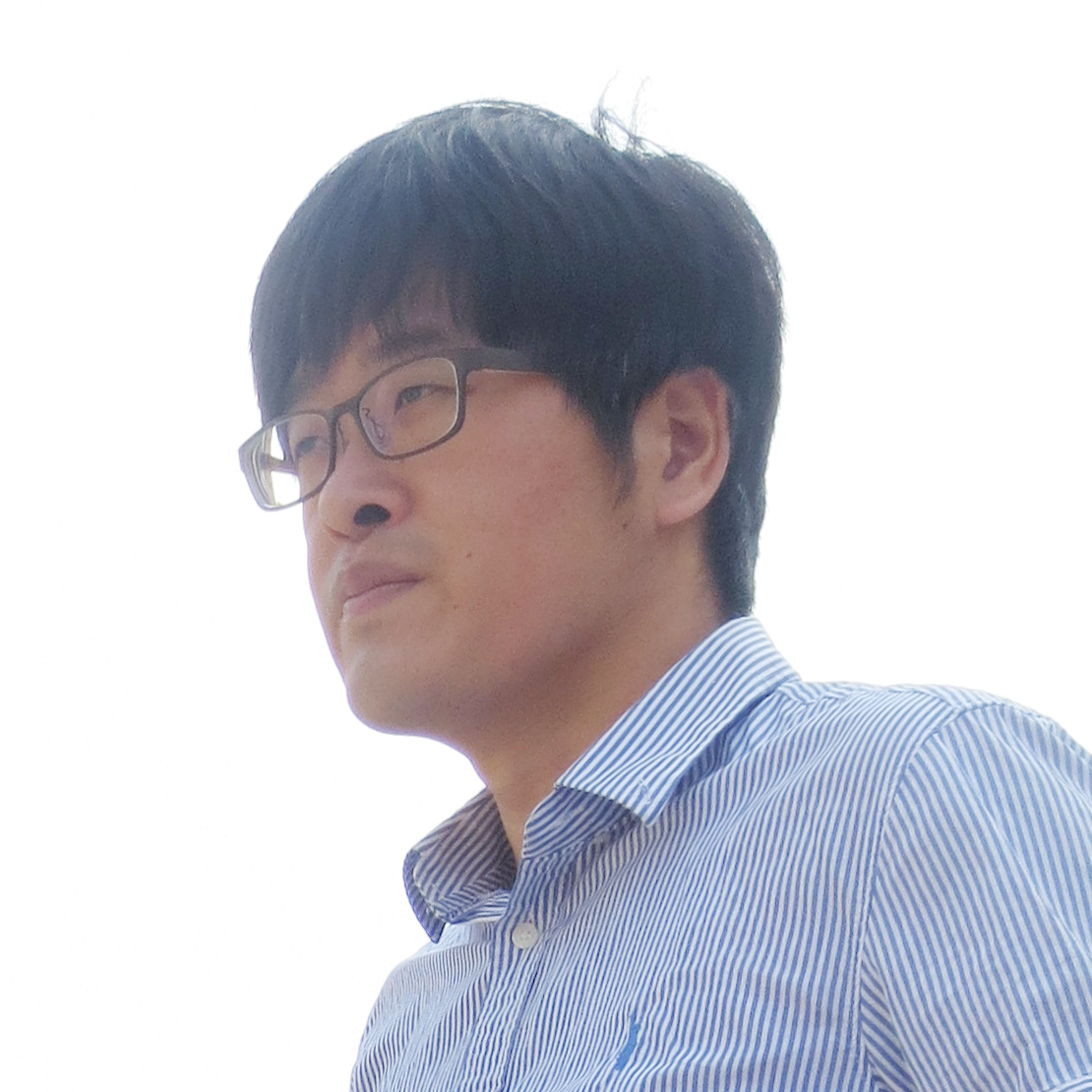ERC Consolidator grant for Chirlmin Joo and Pouyan Boukany
This year, two ERC Consolidator grants have been awarded to TU Delft researchers. Both these researchers work at the Faculty of Applied Sciences. Dr. Pouyan Boukany from the Department of Chemical Engineering wants to learn when, how and why metastatic tumour cells detach form a tumour. Dr. Chirlmin Joo from the Department of Bionanoscience wants to develop a new gene editing tool based on a system found in a single-celled organism.
Below is a summary of the projects:
Researcher: Dr. Pouyan Boukany, AS, Chemical Engineering
Project title: FANCY: Flow and Deformation of Cancer tumours near Yielding
Funding: €2.000.000,-
Often, primary tumours do not kill patients, but secondary tumours do. These so-called metastatic tumour cells detach from a primary tumour and spread to other area of the body and, ultimately, prove fatal. Currently, we do not understand the fundamentals of the mechanical pathways and mechanisms of the metastasis of cancer, which hampers medical intervention. What we do already know is that biological cells in tissue are very densely packed, which locks them in place relative to their neighbour cells, a state referred to as ‘jammed’.
The collective system of cells can become fluidised locally when pushed or deformed. Even greater forces can make the entire tissue fluid-like, which is referred to as ‘yielding’. The crucial open questions are: how does a tumour yield, and what physical principles govern the process of yielding and cell migration? Boukany will combine engineering, chemistry, biophysics and cell biology in order to unravel the underlying mechanism behind the detachment, migration and escape of cancer cells. This will significantly aid the treatment of cancer in the near future.
Researcher: Dr. Chirlmin Joo, AS, Bionanoscience
Project title: MIGHTY RNA: Repurposing Small RNA from Ciliates for Genome Editing
Funding: €1.800.000,-
Genome editing is an essential tool for life sciences. Recently, a potent genome editing system was discovered in bacteria. This system, called CRISPR/Cas9, has paved the way of editing the genome of many different organisms. But, despite its wide use, CRISPR/Cas9 has its limitations, especially in medical applications. For example, it may make unwanted changes to the genome, through so-called ‘off-target effects.’ It might even induce an immune response in human cells. A new genome editing tool is therefore highly anticipated.
Dr. Chirlmin Joo’s aim is to understand the molecular mechanism of ‘DNA elimination’. This genome editing process naturally occurs in single-celled organisms called ‘ciliates’. The mechanism of the DNA elimination is entirely different from CRISPR/Cas9. In order to determine how this genome editing works, Joo will use cutting-edge single-molecule techniques. The understanding will help create a new genome editing tool that has the potential to perform better than CRISPR/Cas9.

